Michael Csányi-Wills: Songs With Orchestra
These orchestral songs by the English composer Michael Csányi-Wills (b. 1975) all deal with the subject of loss. In Three Songs – Budapest, 1944 Csányi-Wills uses documentation from his own family history to shadow the fate of Hungary’s Jews under the Nazis. Mortality is an omnipresent theme in A. E. Housman’s Shropshire Lad poems. And Elegy for Our Time sets an anguished lament by Jessica d’Este, sparked by the death of her granddaughter in a car crash. Csányi-Wills responds to the stimulus of these dark texts with music that is hauntingly lyrical and elegiac.
Ilona Domnich, soprano
Nicky Spence, tenor
Jacques Imbrailo, baritone
Chris McKay, horn
Londamis Ensemble
Mark Eager, conductor
First recordings
Listen To This Recording:
-
Budapest, 1944: Three Songs
- I The ‘Waldsee’ Postcard
- II The Siege
- III The Last Letter
- I Farewell
- II Moonlit Heath
- III Carpenter’s Son
- IV On the idle hill of summer
- V White in the moon
- VI As through the wild green hills of Wyre
- Elegy for Our Time
Six A. E. Housman Songs
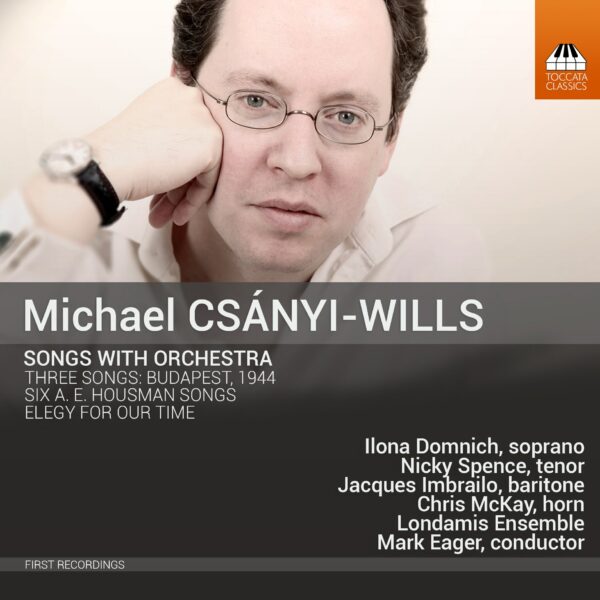
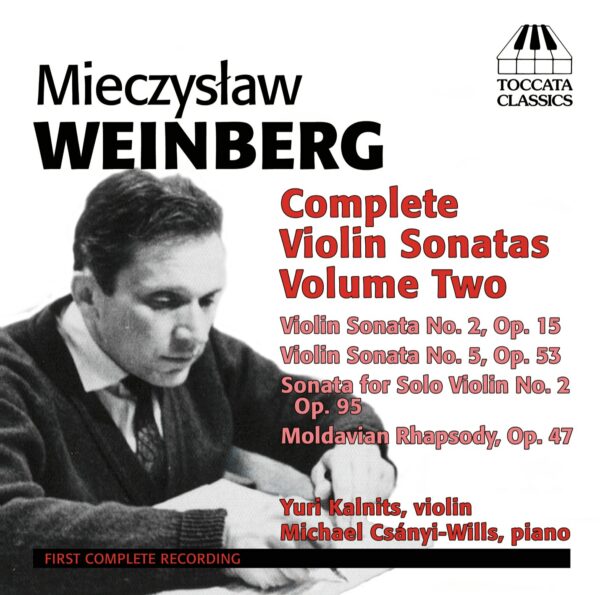
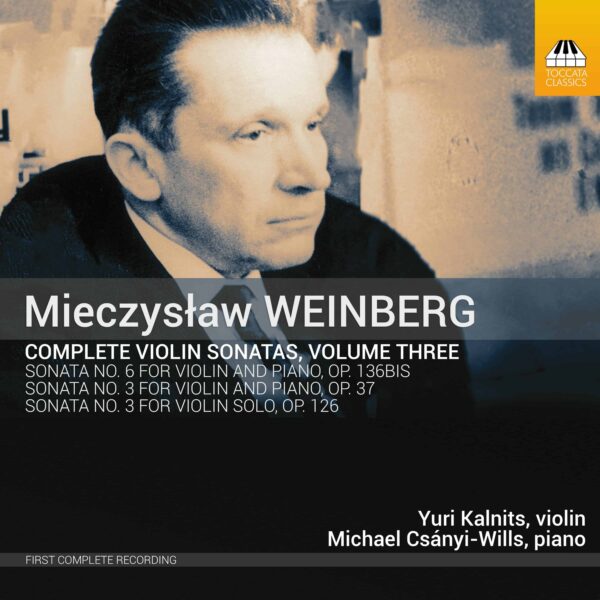
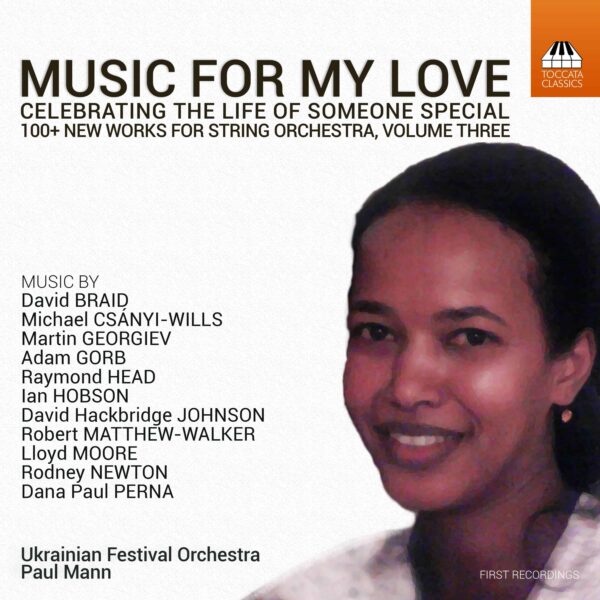
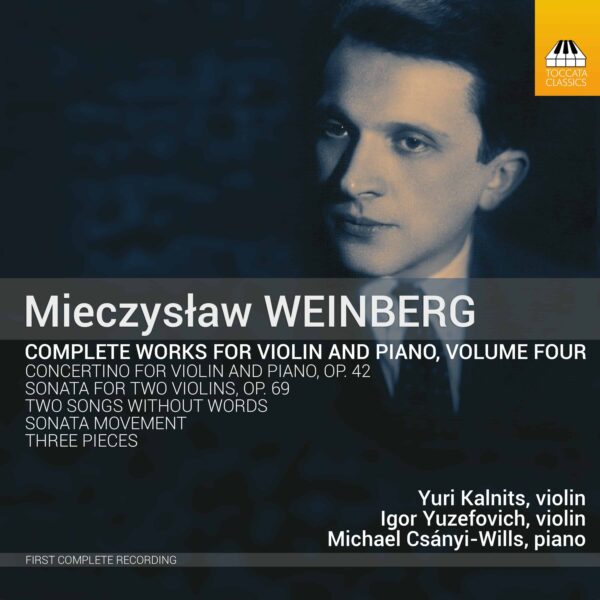
MusicWeb International :
‘The disc opens with three songs subtitled Budapest… The music speaks of affection and mourning, rather than of violence, protest or despair; as I have come to expect from Csányi-Wills’s music over the years, it is expertly crafted and redolent of tense underlying emotion. … Ilona Domnich sings them simply and expressively… In his note Csányi-Wills states that he wished to express the deeper emotions in Housman that was not always present in earlier settings of the poetry. The first three are settings for baritone, and Jacques Imbrailo adds further laurels to his crown… in his expressive handling of the texts; his delivery of lines such as “Dinner will be cold” chills the blood. … Carpenter’s son, the third song, is a violent protest by the man condemned to death by hanging… Csányi-Wills conjures up a real storm from the orchestra, but Imbrailo rides it triumphantly. The three songs for tenor are likewise superbly taken by Nicky Spence. … Throughout all these songs I observed with enjoyment the composer’s natural sense of rhythmic declamation, which means that the words are nearly always crystal clear… The poem Elegy for our time by Jessica d’Este continues Housman’s themes of “death and the waste of innocent, vulnerable youth”; … It perhaps shows Csányi-Wills moving into a new direction, although the sense of emotional engagement remains as strong as ever. … Ilona Domnich drains all the warmth and vibrato from her voice at the lines “extinguished talent, lifeless, temperance, dust” – and the result is chillingly intense. … This is a recording of real value which should appeal not only to those who like Housman and are interested in settings of his poetry, but anyone who wants to encounter modern music which makes an immediate emotional connection to the listener.’
—Paul Corfield Godfrey, MusicWeb International
Planet Hugill :
‘Michael Csányi-Wills trained at the Royal Academy of Music, but listening to the songs in Three Songs: Budapest 1944 I was struck by the European influences finding traces of Mahler and Kurt Weill in the writing. Csányi-Wills also writes for films and his orchestral writing has a wonderful immediacy, fluency and complexity. … Csányi-Wills writes tonal, lyrical vocal lines which soprano Ilona Domnich sings in a powerfully expressive manner, bringing her beautiful distinctive voice to bear on music which is both attractive and powerfully intense. The final song, with its cries of ‘vergesst mich nicht’ (don’t forget me) is particularly striking with its almost Mahlerian bleakness. … [Six AE Housman Songs:] The move to English brings a sense of the English lyrical pastoral into the mix. But there is still that sense of complexity and drama, along with a magical sense of orchestra sonority. These are in no sense conventional English settings of Housman, and Csányi-Wills European sensibility brings a darkness and expressionist feel to the music. … By contrast ‘White in the Moon’ is wonderfully transcendental whilst ‘As through the wild green hills of Wyre’ is large and complex. These are long, big songs (the six songs last almost 40 minutes) and both Jacques Imbrailo and Nicky Spence impress with both their commitment to the songs, and the lyrical intensity of their performances. … The final song sets a poem by Jessica d’Este which is a meditation on death, and the waste of innocent vulnerable youth. The bleakly powerful lyric arioso for Ilona Domnich is surrounded by a web of magical orchestration (with woodblocks making a strong feature). Throughout, Mark Eager and the Londamis Ensemble play with a strong sense of the emotional character of the music. The performances from Ilona Domnich, Nicky Spence and Jacques Imbrailo, the Londamis Ensemble and Mark Eager have a high finish and sheen which belies the fact that they are all first recordings. This is a highly satisfying disc of music by a very distinctive talent.’
—Robert Hugill, Planet Hugill
The Art Music Lounge :
‘I heard music that was intriguing: modern, yet tuneful. The vocal line reminded me a bit of Vaughan Williams, but the orchestral context sounded more modern and, dare I say it, unique and personal. The basic language is tonal, but the overall feeling of each song seems to vacillate in key structure, primarily through the highly imaginative orchestration in which colors, and chord positions, shift rapidly like a light switch being turned on and off. … Csányi-Wills responds to the stimulus of these dark texts with music that is hauntingly lyrical and elegiac. It is also remarkable in structure and form, borrowing bits of Britten, Vaughan Williams and Knussen yet swathed in his own feeling for melody and structure. Listening to these songs, I couldn’t escape the feeling that I had heard this musical style before but just couldn’t place the composer. That’s how good they are, and how deep an impression they made. Moreover, the style for each separate group of pieces differed from the others, always the mark of a fine composer. There is an almost Mahlerian sense of deep sorrow in these songs; taken as a whole, in one sitting, is almost a bit overwhelming for a sensitive listener. … Csányi-Wills was extremely fortunate to find singers who possess outstanding voices as such, generally good diction, and communicative skills. … One of the salient features of Csányi-Wills’ compositional style is his knack for finding just the right sound-color for each note and phrase, and as one goes through the album one is often surprised by his sheer variety of sound. … In truth, this album could stand as a primer for new composers on orchestration. I was mesmerized by this album and think you will be, too. Highly recommended.’
—Lynn René Bayley, The Art Music Lounge
Fanfare Magazine :
‘English composer Michael Csányi-Wills (b. 1975) is a real find. […]
is magic in Csányi-Wills’ setting [of The ‘Waldsee’ Postcard], including some highly imaginative woodwind gestures. […] The mournful lines [of The Siege] are powerfully delivered by the excellent Ilona Domnich. […] The handling of the accompaniment, at what must be indicated as at least ppp, is remarkable, tissue-delicate yet simultaneously prone to flashes of radiance. These settings are not for everyday listening, such is their power; but they do demand to be heard. […]
The last three songs are set for tenor with orchestra, and Nicky Spence is the strong, pure-voiced soloist here. His voice shares many traits with Imbrailo’s in terms of suitability for this music. […]
Diction from all the singers is exemplary, but it is worth noting they are helped throughout by Csányi-Wills’s fine ear for the English language and by his aptitude for transparent scoring. A simply magical disc.’
—Colin Clarke, Fanfare Magazine, July 2016